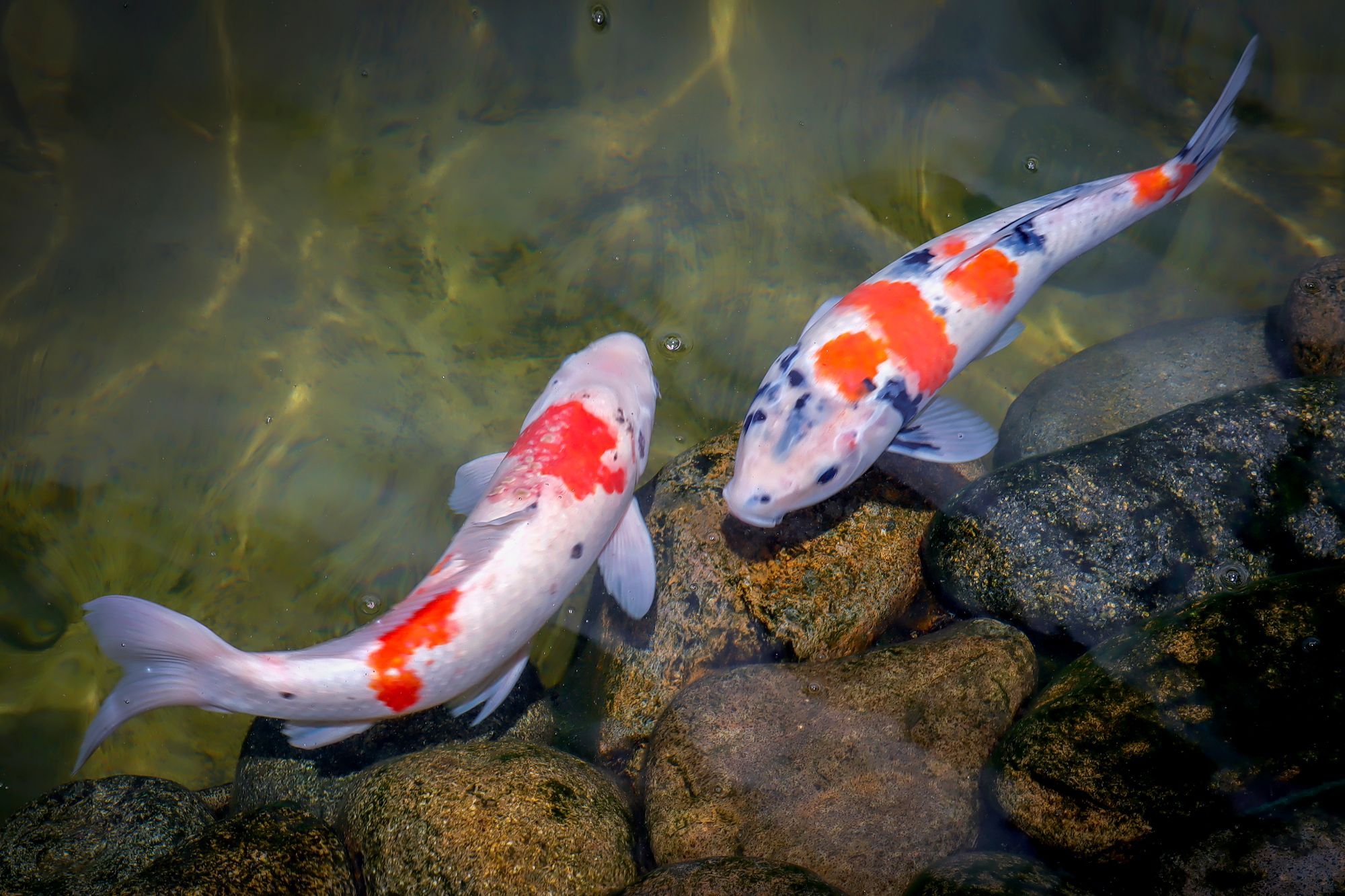Yes, you can perform surgery on fish
Jessie Sanders, DVM, CertAqV, shares why fish may need surgery, plus what makes a good surgical candidate and more
At the 2023 American Veterinary Medical Association (AVMA) Convention in Denver, Colorado, Jessie Sanders, DVM, CertAqV, shared tips and tricks on determining if a pet fish needs surgery and identifying a good surgical candidate with a chance of successful recovery.1
Nguyen / stock.adobe.com

Oftentimes fish owners notice something off with their pet, such as an external growth or swelling, and they are brought to Sanders. She uses radiographs and ultrasounds as diagnostic tools when a fish presents with an abnormal appearance, stating, “The great thing about fish [is that] they make their own contact gel, you just take the [ultrasound] probe and stick it right on, they can be half submerged in the water, they don't care, usually that's the test. This can be used for small fish, large fish, it is a great diagnostic tool.” She used an example of a black moor goldfish that presented to her with one eye twice the size of the other. She put an ultrasound on the fish which displayed there was a large mass in the eye chamber. “That’s probably an indication that that eye should come out,” Sanders explained.
Once it is determined a fish requires surgery, you must ensure they are a good surgical candidate. Sanders said to first evaluate their environment. “Water quality is the most important influence when it comes to your fish’s health. The water they swim in, like the air we breathe, is critical to them being a good surgical candidate.” Additionally, it’s important they don’t live in an overcrowded environment as this can cause stress, unhappiness, and can prevent a successful recovery. She also emphasized proper nutrition and ensuring the fish is eating. “If a fish isn’t eating, there's a good chance that after the surgery, they're still not going to be eating,” said Sanders. “I mean, these guys don't sit there like a cat or a dog, they have to swim. In order to swim, you have to have energy.”
Next, you must consider if put under surgery, what will the prognosis be? Following surgery, like before surgery, it’s vital the fish has a favorable environment and is eating. Additionally, catching a pet’s condition early plays a key role in if they will recover. “The longer you wait on some of these issues, the worse they’re going to get,” said Sanders. She used the example of a koi fish who had a bulge on its skin for about 4 to 6 months. Because the fish was in Hawaii and Sanders is in California, it was a challenge for her to arrange traveling to Hawaii to treat the fish. “Two days before I was supposed to get on the plane, the fish unfortunately passed away,” Sanders recounted. A necropsy revealed the fish had ovarian cancer and wouldn’t have benefited from the surgery regardless because it was too late, underscoring the importance of early disease detection and intervention. “I'm very glad this fish didn’t go for surgery because this would have not ended well, when all your other internal organs are being crushed by a giant tumor, not to mention, as soon as I take this [tumor]out, his blood pressure was going to drop low.”
Reference
Sanders JM. Surgery in pet fish. Presented at: AVMA Convention; Denver, Colorado. July 15, 2023.









